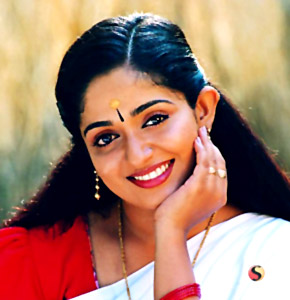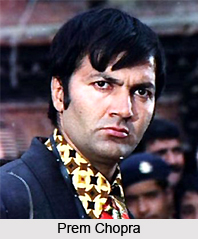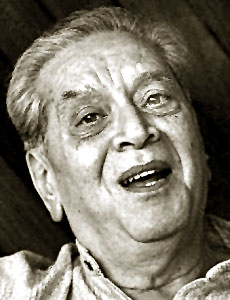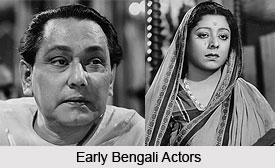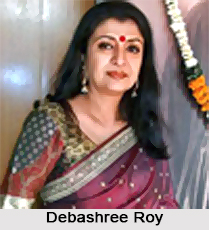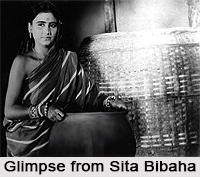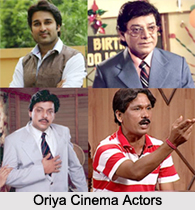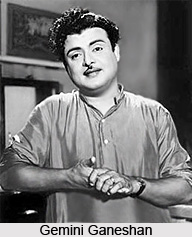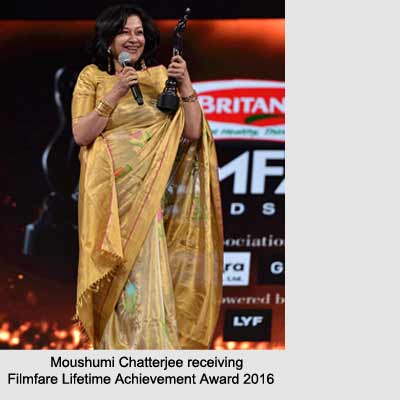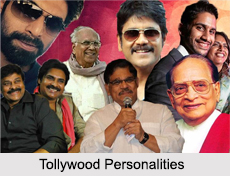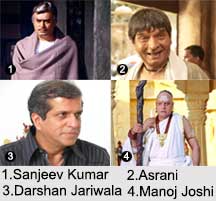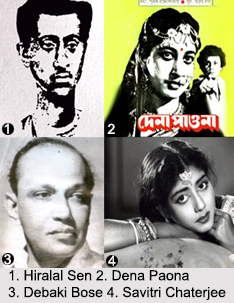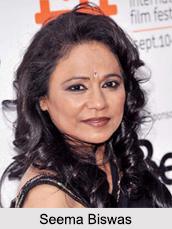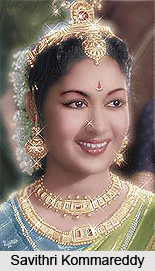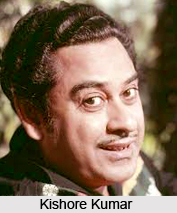 Kishore Kumar fans have always loved the stalwart as a composer and his music always had unique instinct of emotion. The audience loved him to see as an adorable clown who wore several caps and constantly juggled many roles - sometimes as singer, actor, composer, writer, lyricist, director and producer. Kishore Kumar was probably the only artiste in the entire history of Indian cinema who was so versatile and talented in so many spheres. There was hardly any thing that Kishore Kumar could not do. He was one of the unique film stars have there been who could make audiences laugh and sing and dance and cry through a handful of songs.
Kishore Kumar fans have always loved the stalwart as a composer and his music always had unique instinct of emotion. The audience loved him to see as an adorable clown who wore several caps and constantly juggled many roles - sometimes as singer, actor, composer, writer, lyricist, director and producer. Kishore Kumar was probably the only artiste in the entire history of Indian cinema who was so versatile and talented in so many spheres. There was hardly any thing that Kishore Kumar could not do. He was one of the unique film stars have there been who could make audiences laugh and sing and dance and cry through a handful of songs.
His each and every contribution to this industry is a prized treasure. He knew he was an exceptionally gifted singer. He also wrote brilliant prose and as a child and had proved that he could aptly play with words. One of his earliest compositions, titled "Paan Mahima" provides an insight to his poetic depth.
Kishore Kumar had a wonderful sense of rhyme, could sing so well and knew much more about melody and orchestration than anybody else of his time in Hindi film industry. It was highly expected that he would turn into an independent music composer one day. He was undoubtedly a great composer of his times, but he largely confined himself to his own films. Beginning with Jhumroo in 1961, he was credited as "music director" for only 16 films. However, six of which never got completed. The only film he composed for outside his banner was Zameen Aasman, for A. Veerappan in 1972. Another film, Door Wadiyon Mein Kahin (1982) credited him with the story, production, direction and as lead actor and did not have any songs at all. Since he was an established playback singer standing at the peak of his popularity, this film challenged the norms of mainstream Hindi cinema.
Kishore Kumar made his own rules, lived by them, and never bothered about the consequences at the box-office. He decided he would not compromise with his schedule and talent of composing music for all the available directors and nobody could convince him otherwise. However, Kishore Kumar did not hesitate helping other music composers improve upon their scores. In case of his co-singers too, he was always forthcoming with suggestions for their betterment. In several instances, particularly with Sachin Dev Burman, he end up composing entire music tracks and did not claim credit. He did this more out of a momentary urge or impulse, rather than a pressing need to proclaim his extraordinary talent. Such confidence can only be expected from one who knows he is the best and does not wait for public approval.
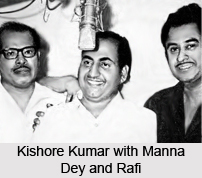 The talent of Kishore Kumar was well understood in one of his composed songs Koi hamdam na raha in Jhumroo, which is an all-time great. Another masterpiece song by Kishore Kumar was from Door Gagan Ki Chhaon Mein - Aa chal ke tujhe, main le he chaloon..."
The talent of Kishore Kumar was well understood in one of his composed songs Koi hamdam na raha in Jhumroo, which is an all-time great. Another masterpiece song by Kishore Kumar was from Door Gagan Ki Chhaon Mein - Aa chal ke tujhe, main le he chaloon..."
Kishore Kumar has produced several melodious gems through his power of composing. The enchanting numbers like Thandi hawa yeh chandni suhani (Jhumroo), Jin raaton ki bhor nahin hai (Door Gagan Ki Chhaon Mein), Panthi hoon main (Door Ka Rahi), Apna nahin par (Chalti Ka Naam Zindagi) and Mera geet adhura hai (Mamta Ki Chhaon Mein) are some of his unmatched compositions.
There were many non-film songs in Bengali, composed by Kishore Kumar. The most memorable Bengali song by him was Aamar moner moyur mohole, Sei raate raat chhilo, Nayano sarosi keno... Over the years, he composed music for almost 42 private albums, mostly in his mother tongue. His contemporaries who have sung to his tune include Lata Mangeshkar, Manna Dey, Asha Bhosle, Mahendra Kapoor, Hemant Kumar and of course, his son Amit Kumar. The glamorous dream girl Hema Malini has also sung for him, in Bengali for the song Gun gun gun lore and Kaande mon piyasi kon.
The most outstanding aspect about the compositions of Kishore Kumar were that even as they were ahead of their time, the appeal of the songs were not lost on his audience. This was created like magic because Kishore Kumar was well versed with the pulse of the listeners. Even if he experimented with newer idioms and forms of expression, he did not forget the choice and preferences of the mass. It was only Kishore Kumar, who could manage this unique alloy of comedy and melody and thus included the yodelling in songs like Main hoonjhumjhum jhumroo in Jhumroo or Woh ek nigaah kya milee in Half Ticket. The infectious joy that he brought into his songs was wonderful.
Part of the answer lay in his keen sense of observation and his ability to mimic anybody. From studio hands and colleagues to stalwarts like Ustad Bade Ghulam Ali Khan and K.L. Saigal, he did not spare anybody. He even imitated his co-singers and had this amazing ability to sing alternatively in a male and female voice. But more than these skills, he had perfectly understood and absorbed the "live quality" of Western songs, which he brought into his compositions. Spontaneity was the hallmark of all his songs
Kishore Kumar had a huge collection of western musicals on video to draw upon. Over the years, through deep observation, absorption and osmosis, Kishore Kumar learnt extensively about international musical influences that seeped into him. Kishore Kumar could actually pick out what was pertinent to Hindi cinema and thus used it effectively and discarded the rest. He went beyond the technical requirements of taans and barkats into highlighting the expression of a song. Combined with voice modulation and ad-libbing, his compositions always brought about a refreshing airiness in his compositions.







